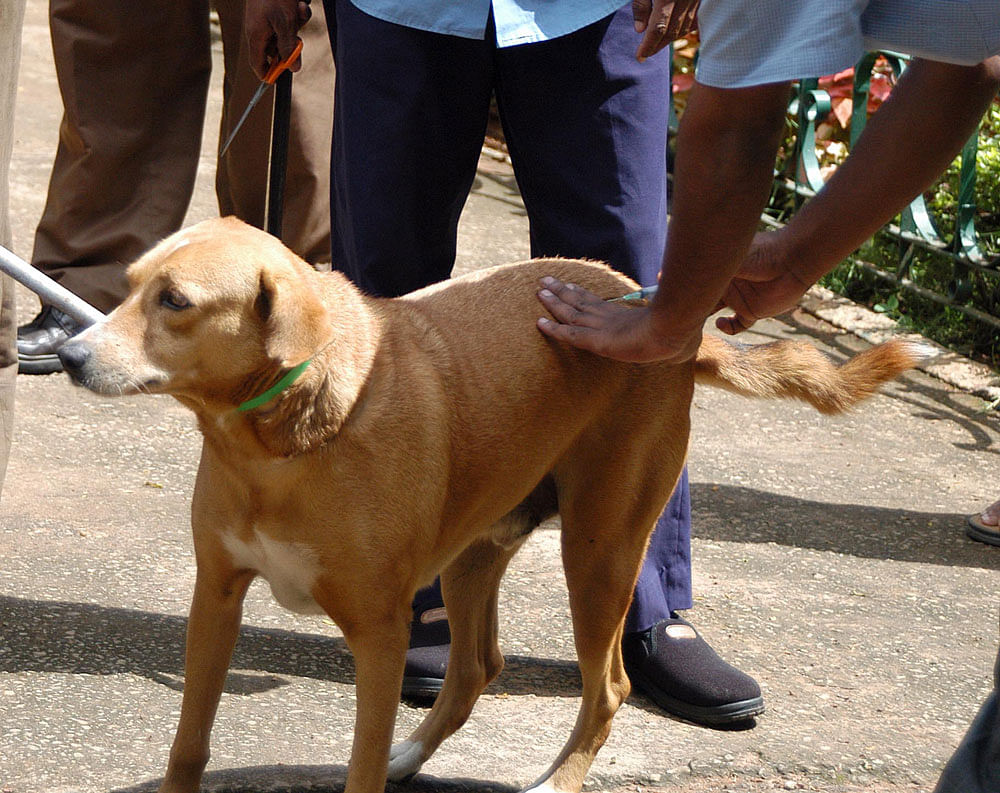
A leading Indian vaccine manufacturer on Wednesday claimed to ramp up the indigenous anti-rabies vaccine manufacturing capacity to more than 30 million dosages in the next two years to become the world's biggest maker of the vaccine.
With a large population of stray dogs and monkeys, India requires nearly 35 million doses of anti-rabies vaccines every year. The annual availability, however, is of only about 10 million doses as two of the leading manufacturers couldn't produce the shots in the last five years.
Hyderabad-based Bharat Biotech that acquired GSK's vaccine-making unit Chiron Behring Vaccines earlier this year, now said the existing manufacturing capacity at CBV's Ankleshwar plant would be enhanced to cater to the big domestic market besides exporting the shots.
With the CBV acquisition, Bharat Biotech becomes the world's biggest manufacturer of the anti-rabies vaccine. CBV's 35-years-old 'Rabipur' vaccine has been relaunched as ChiroRab.
“Our annual production capacity is 12 million doses currently. We now plan to increase it to 21 million by the end of 2021,” Pradip Patel, chief operating officer and site director of Chiron told DH. “Bharat's own anti-rabies vaccine (IndiRab) has an annual production capacity of 12 million doses and we will continue selling that too,” said Krishna Ella, Bharat's chairman and managing director.
The shortage of rabies vaccine became evident in the last few years with GSK not producing any vaccine in the last two years and Zydus Cadilla halting rabies production for the last five years. Others like Serum Institute and Indian Immunological have limited capacity.
Ella promises to make the vaccine available to the Indian public sector health units, which regularly face vaccine shortage when presented with animal bite cases.
The availability, however, will depend on the final price negotiation between the company and the procuring government health department as the commercial price of Rs 1,053 for three shots may be on the higher side for the government.
“ChiroRab is the only anti-rabies vaccine with a shelf life of four years contrary to others with 2-3 years of shelf life. So the possibility of vaccine wastage is less,” said Patel. The company has supplied 3,000 complimentary doses to the Central Research Institute, Kasauli for use in Himachal Pradesh as the hill state witnessed a large number of monkey bite cases.
According to a World Health Organisation report, rabies is a vaccine-preventable disease that claims over 59,000 lives each year, mostly in Asia and Africa. Recent studies estimate that India experiences 17.4 million animal bites every year with 20,800 rabies deaths, which is highest in the world.
